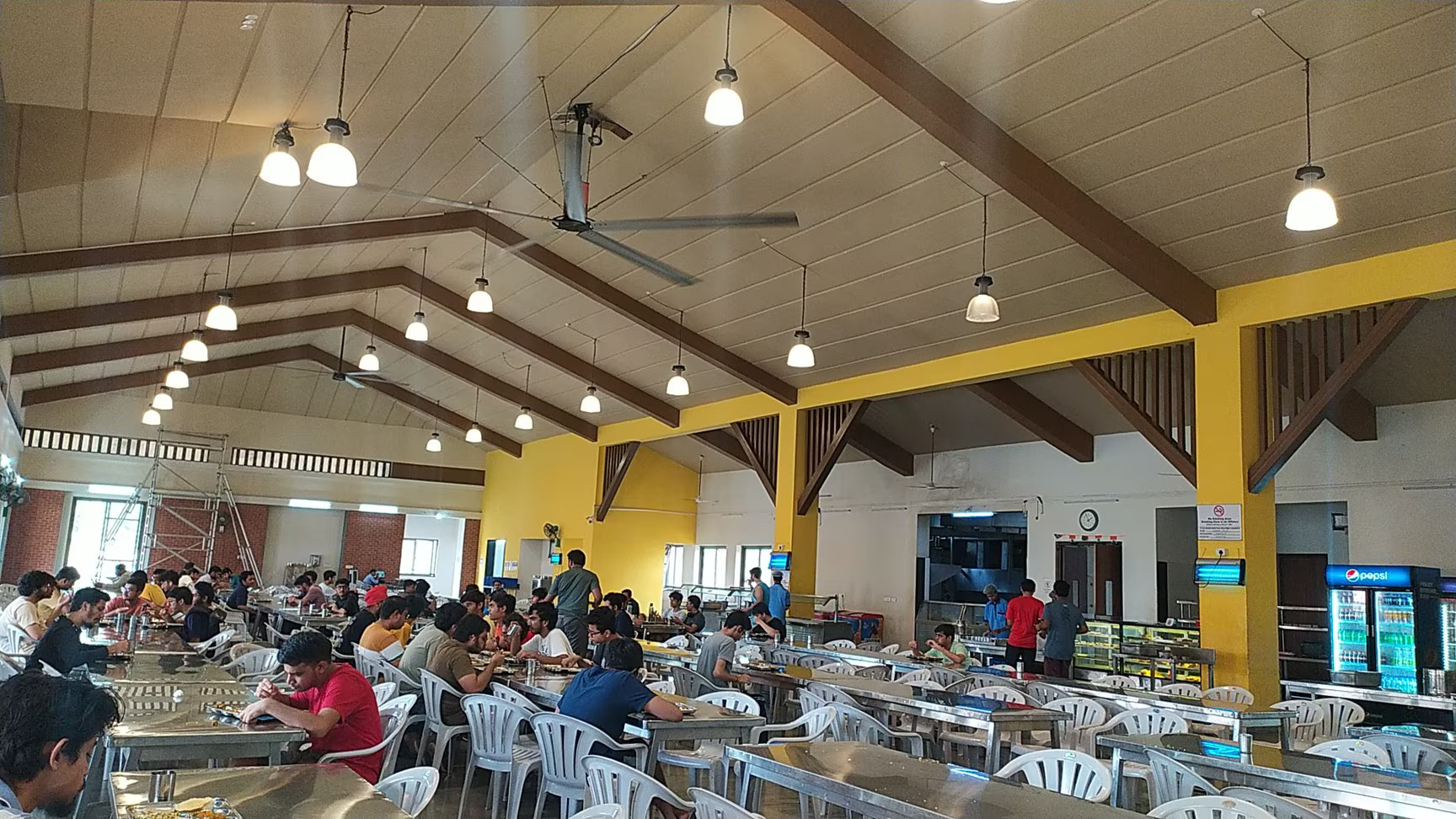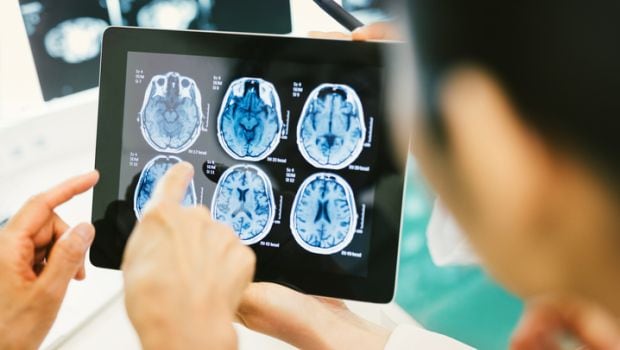Experts at the University of Bonn, Germany have been successful in generating 3D tissues from stem cells. Skin cells from patients were converted into induced pluripotent stem cells. This was done with an aim to create miniature 3-D brain models to understand a rare congenital brain disorder better.
What makes this study exciting is the fact that the use of human cells to investigate human brain development has been quite limited so far. The cells, when placed in the culture dish, would grow flat, whereas a 3-D model mimicking the exact reaction happening in the brain is an ideal way to investigate and understand the brain better. Model organisms like mice also render an incomplete picture as human brain is a much complex creation. Developmental disorders of the human brain can thus only be resembled to a limited degree in the animal model.
3-D organoids, similar to human brain, were grown in culture dish. The mini brains helped in understanding the processes through which nerve cells are organise into highly complex tissues. As a part of the research, the team also studied patients with Miller-Dieker syndrome - a hereditary disorder caused by a chromosomal defect. It was concluded that cells divide differently in patients with this syndrome.
"In patients, the surface of the brain is hardly grooved but instead more or less smooth," said Vira Iefremova, from University of Bonn.
"We were able to show that the stem cells divide differently in these patients. In healthy people, the stem cells initially extensively multiply and form organised, densely packed layers. Only a small proportion of them becomes differentiated and develops into nerve cells," said Philipp Koch, Associate Professor, University of Bonn. Certain proteins are responsible for the dense and even packing of the stem cells. The formation of these molecules is disrupted in Miller-Dieker patients.
The stem cells are thus not so tightly packed and, at the same time, do not have such a regular arrangement. This poor organisation leads, among other things, to the stem cells becoming differentiated at an earlier stage.
Inputs from PTI













